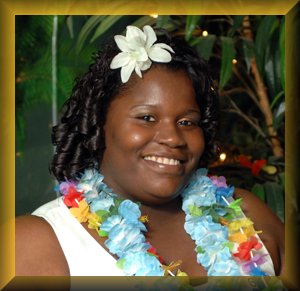
Melissa Ivory |
Name: Melissa Nona Ivory
School: The University of Mississippi Major: English Mentor: Dr. Ethel Young-Minor Expected Graduation Date: May 2008 Organizations & Honors:
COMMENTS:
|
![]()
ABSTRACT
What is Education?: Teaching to Transgress Black Southern Oppression in the fiction of Mildred Taylor
| This paper will take a close look at how novelist Mildred Taylor describes the cultural and systemic education of Cassie Logan in Roll of Thunder Hear My Cry (1976). Cassie Logan’s experiences with formal and informal educational programs provide insight into how many Black Americans had to be educated in the first half of the twentieth century. In order to emerge as radical leaders, Blacks who lived in the 1920s, 1930s, and 1940s, had to learn more than the standard curriculum of “reading, writing, and arithmetic”. If they were going to surpass the limitations of early twentieth-century racism, they also had to master the curriculum of white oppression operating in their communities and identify ways that Black Americans could to subvert this oppression without losing their lives. |